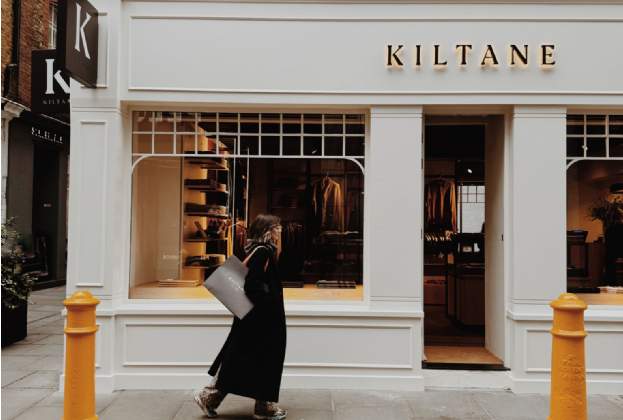The film industry will be in the spotlight this Sunday as millions tune in to the 89th Academy Awards, often dubbed the Oscars. In the UK, the cinema market has existed for almost a century and remains big business, with box office admissions totalling £1.24 billion in 2015, according to the UK Cinema Association.
Consumers continue to seek that ‘big screen’ experience, but increasingly expect cinemas to impress with additional amenities to justify ticket prices and to draw them away from alternative online screening options. This wish list now includes everything from a wide food and beverage offer to IMAX and 4DX technology, luxury seating options and in-screen dining. In addition, cinemas have responded to the threat of rivals such as Netflix and Amazon Prime by widening the choice of films on show and reaching alternative audiences through live-screening major sporting events, opera, ballet and even hosting live video gaming/e-sports competitions.
Cue the rise of the ‘alternative’ specialists: boutique cinemas. Picturehouse, Curzon and Everyman have all undergone significant growth in recent years, drawing in more discerning cinema goers with their social atmosphere, bespoke design and furnishings and mixed programme of blockbuster and arthouse films.
When Land Securities secured an Everyman cinema for Trinity Leeds, it became the first major shopping centre to have a boutique cinema rather than a multiplex as its leisure anchor. Since then, Land Securities has agreed a deal with Curzon for a cinema at Westgate Shopping Centre in Oxford, which is due to open this year. Now other major landlords are recognising the consumer attraction of boutique cinemas, with several more deals reported to be underway.
Ultimately, boutique cinemas create a point of difference for a new development, particularly in town centres which already have a multiplex offer. Arguably, they can also attract more aspirational restaurant operators to a scheme, such as Sticks’n’Sushi and Polpo at Westgate in Oxford, and to some extent more aspirational retailers, too.
Furthermore, boutique cinemas often require less capital incentive and a smaller footprint than larger chains. This allows developers and landlords to offer the traditional leisure anchor of a cinema even where space is tight, or free up more space to let to other leisure and retail operators.
Boutique cinema brands are more acquisitive than they ever have been before, and therefore proving very attractive to landlords.
Together, these brands are reinventing cinemas as entertainment hubs with a community focus and are helping to redesign the cinema experience. Evidence shows that today’s consumers are increasingly drawn to experience-led leisure attractions, and it seems boutique cinemas are just the ticket.
Further information
Read more: 'How will our leisure demands change in 2025?'
.jpg)
.jpg)







.jpg)
